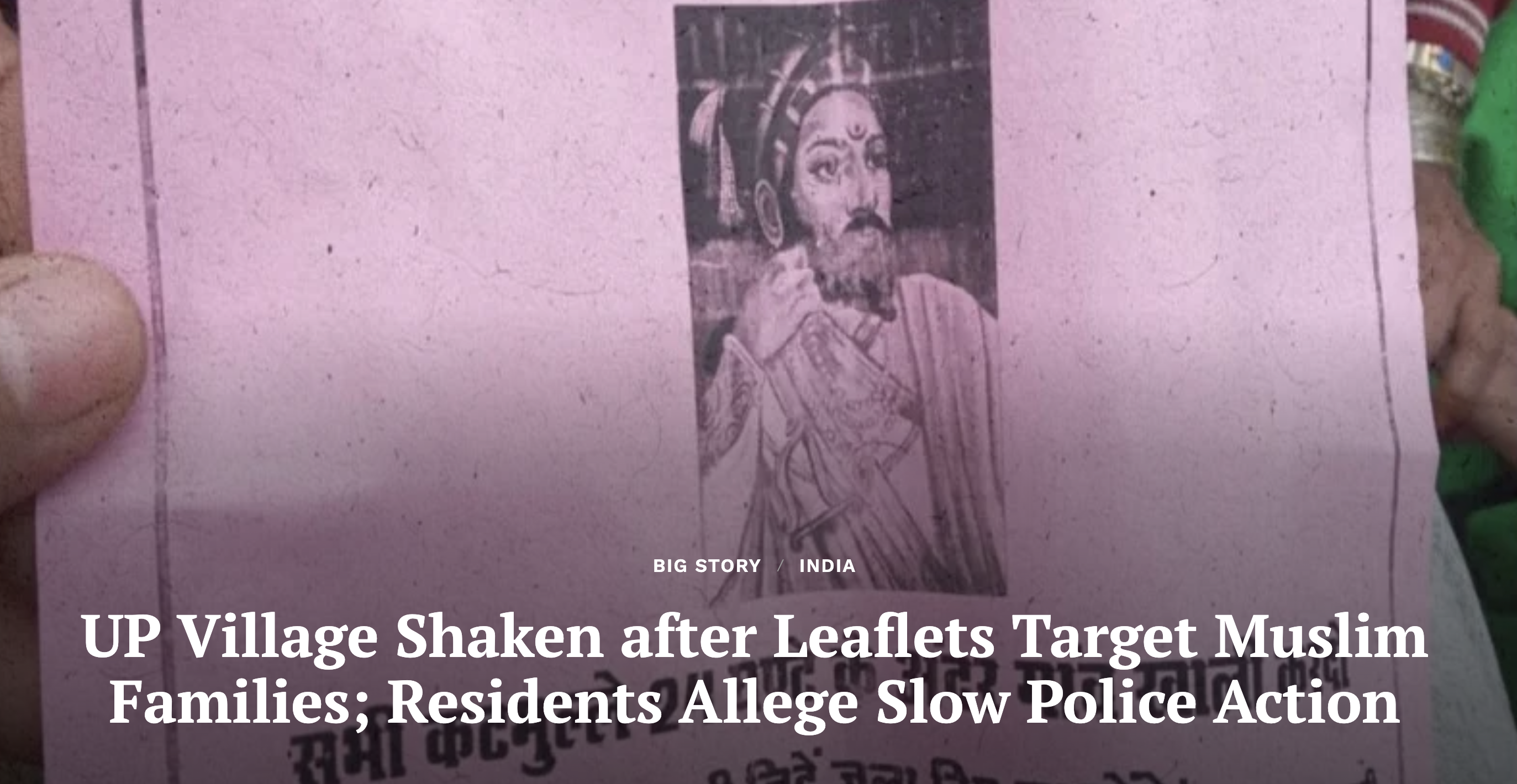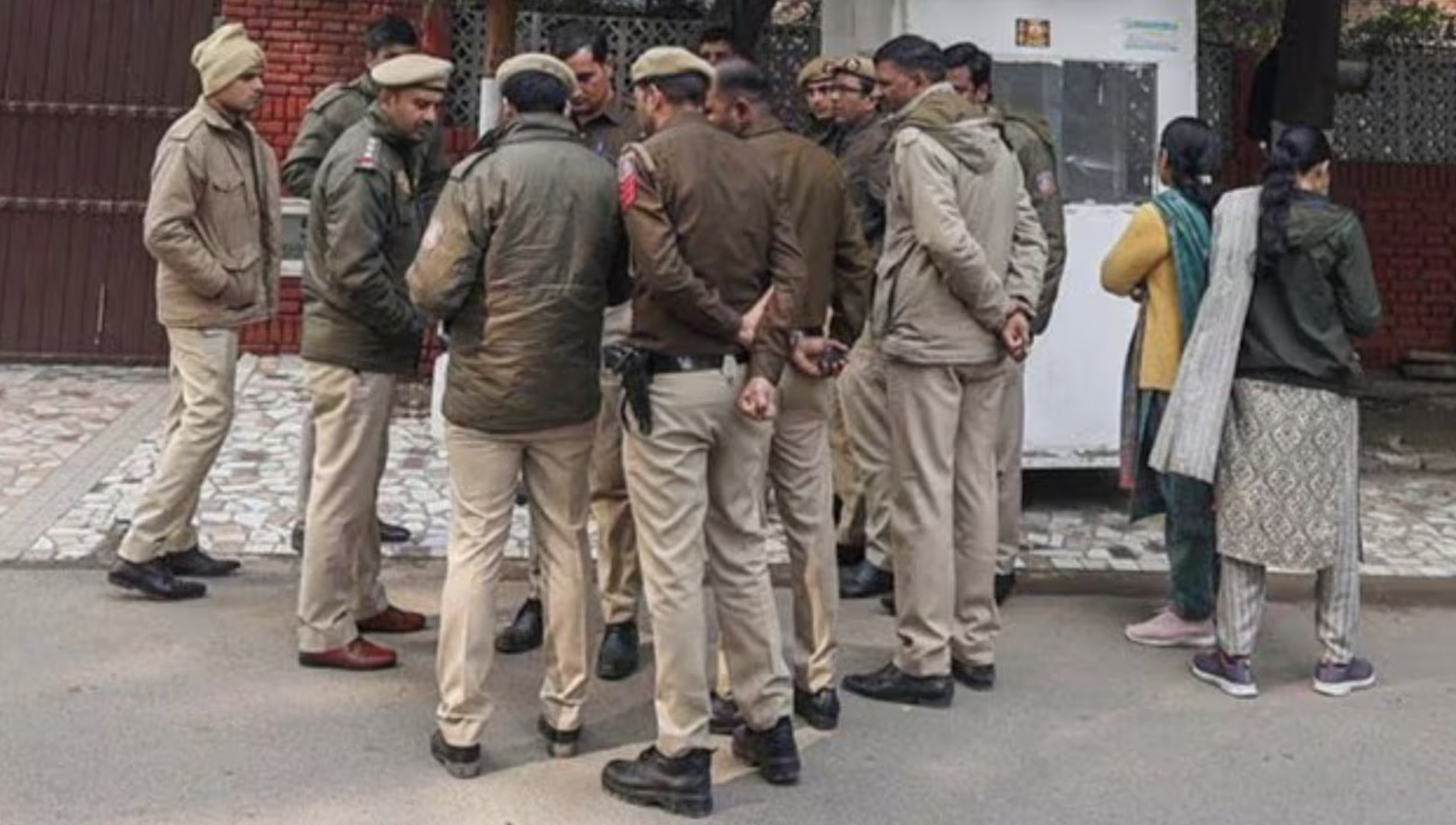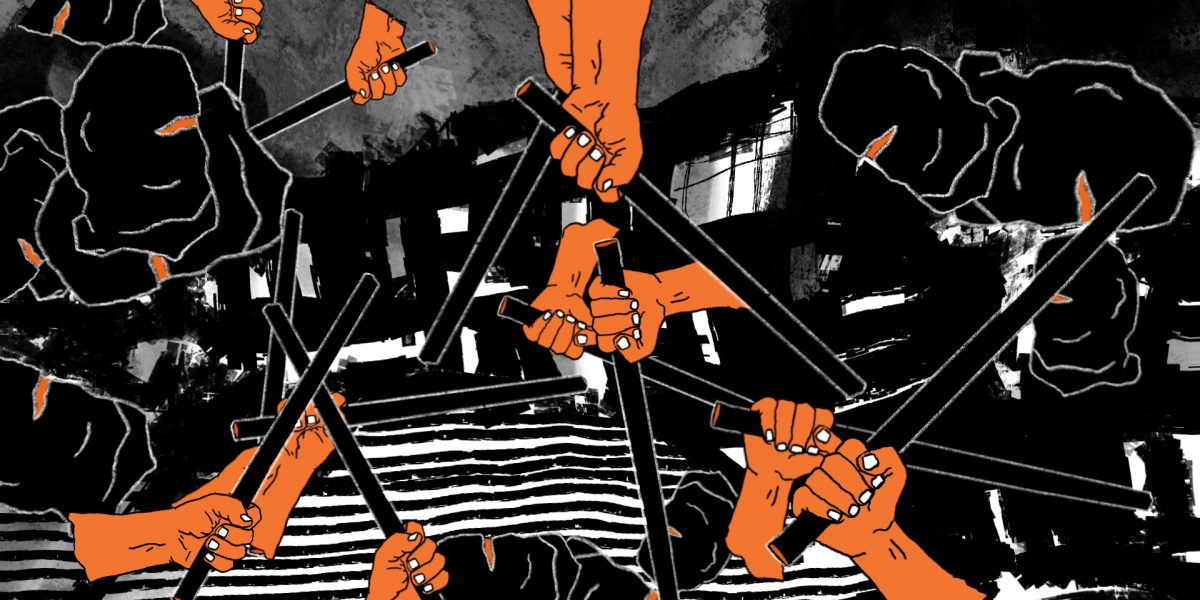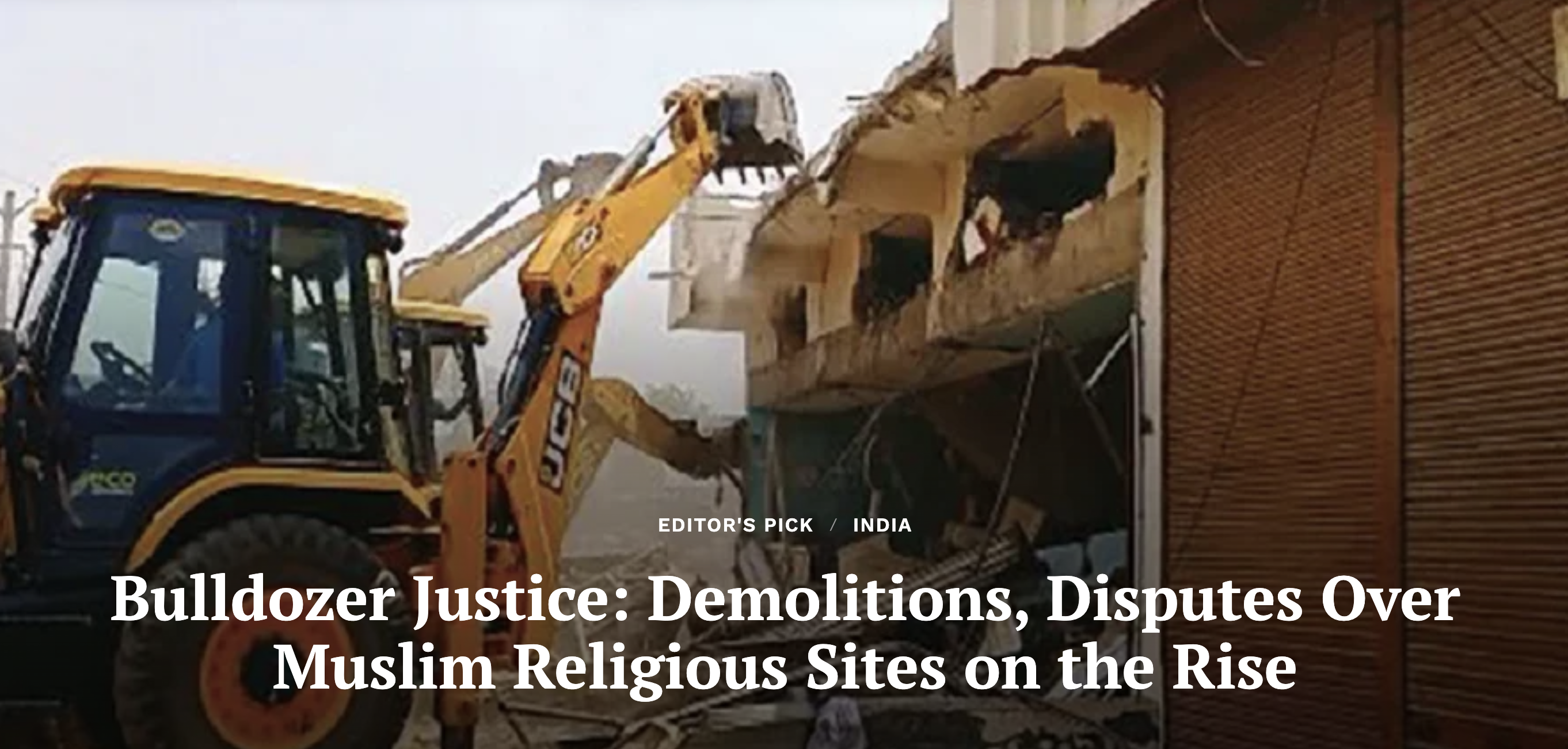
NEW DELHI – The Muslim community in India has witnessed a disturbing rise in state-led demolitions and disputes over their religious sites during the past year. The trend is visible particularly in states governed by the Bharatiya Janata Party (BJP). According to data compiled by the Centre for Study of Society and Secularism (CSSS) from five major newspapers, there were 19 incidents of demolitions targeting Muslim-owned properties and 12 contested Muslim worship sites, including mosques and dargahs in 2024. Critics argue these actions reflect a pattern of systemic marginalisation, eroding constitutional protections and fuelling communal discord.
The CSSS reported 19 demolition drives across 10 states, with Uttar Pradesh recording the highest at five, followed by Maharashtra with four. Other incidents occurred in Delhi, Madhya Pradesh, Rajasthan, and Assam. These demolitions affected over 500 structures, including homes, shops, mosques, and madrasas, predominantly owned or run by Muslims.
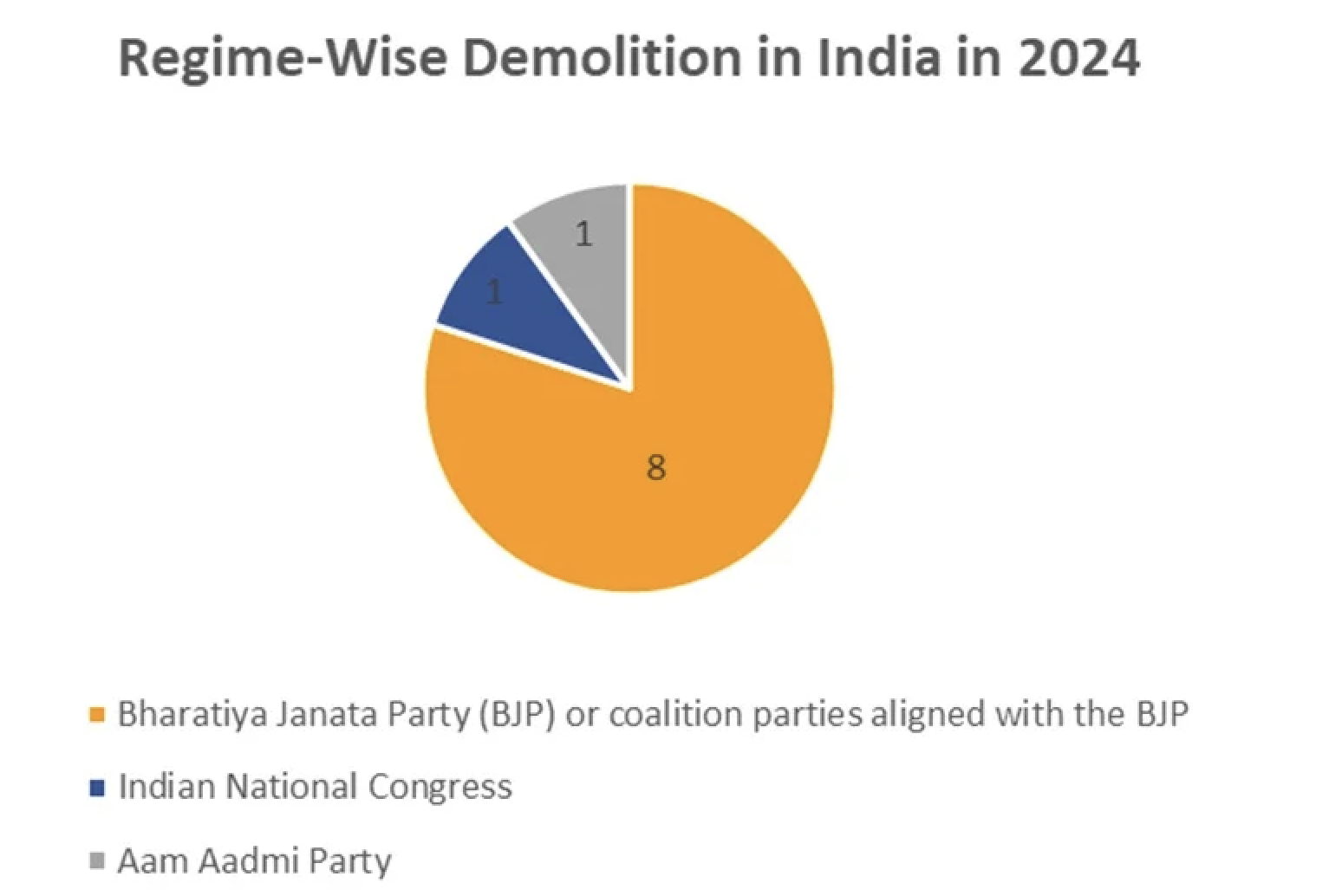
While state authorities often justified these actions, citing “illegal construction” or “encroachment,” many believe the demolitions were acts of collective punishment. In Mumbai’s Mira Road, 17 Muslim-owned structures were razed on 23 January, just days after communal tensions flared during the inauguration of the Ram Temple in Ayodhya.
“The bulldozers came without any notice. My shop and my livelihood were destroyed in hours,” said Mohammad Aslam, a local shopkeeper. Residents say no warning was issued, violating Article 21 of the Constitution, which ensures the right to life and property through due process.
In Bareilly, Uttar Pradesh, homes of Muslim residents were demolished following a clash during a Muharram procession. “They called our homes illegal, but we’ve lived here for generations. This is punishment for being Muslim,” said Hasan Ali, whose house was razed. In Udaipur and Assam, notices were served either on the day of demolition or afterward, raising concerns over the legality and fairness of the process.
The CSSS report identified procedural violations in several cases. In four incidents, including the demolition of Delhi’s historic Akhoondji Masjid, no notice was served. Of the 19 cases, only 11 had prior notices, most of which failed to meet the 30-day requirement under the law.
This story was originally published in clarionindia.net. Read the full story here.




